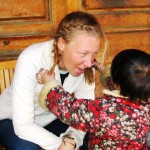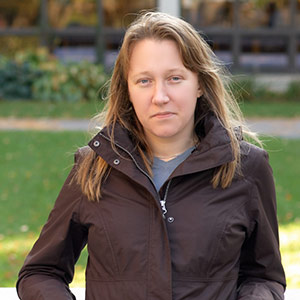I just listened to #Christian Jungersen, author of “You Disappear”, talk about his book about #family and brain injury here on @blogtalkradio. I’m glad that Christian Jungersen is writing about brain injury and that we’re not scared to talk about these issues, because the more we hear stories, the more we can work to understand the injury and the families that are affected.
Interesting that the author made the point to say in his interview that many of us don’t think about brain injury until we’ve been personally affected. This was also the case for me. After the experience (and a couple years of reorganizing), I have very much accepted this as the world where I can have the most impact.
My injury changed everything for me, starting with my brain, and Christian Jungersen says this is what interested him in the subject matter initially. Imagine your brain is changed! Jungersen does a great job in his book of exploring the impact this change has on his main character’s whole life, and I guess it has had a similar effect on me, in that I know now where I can make an impact and I’m trying to do that with both my job at the Ivy Street School and with the book I’m writing.







